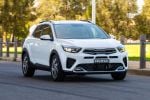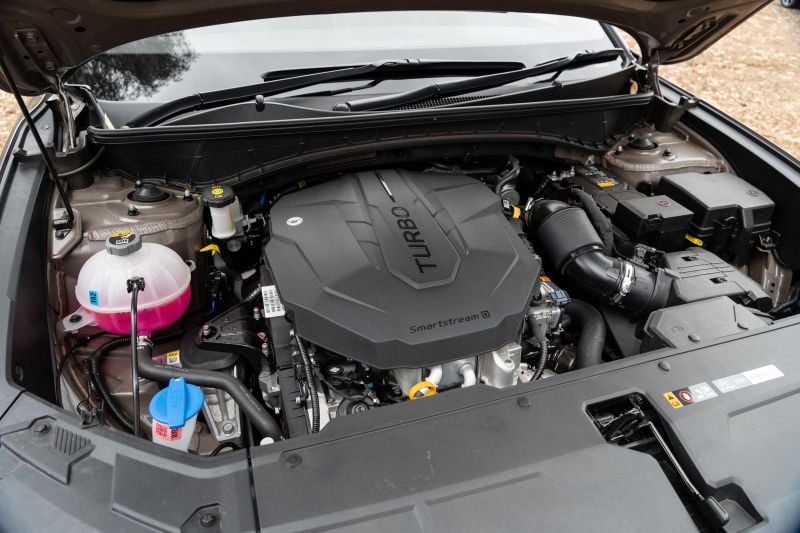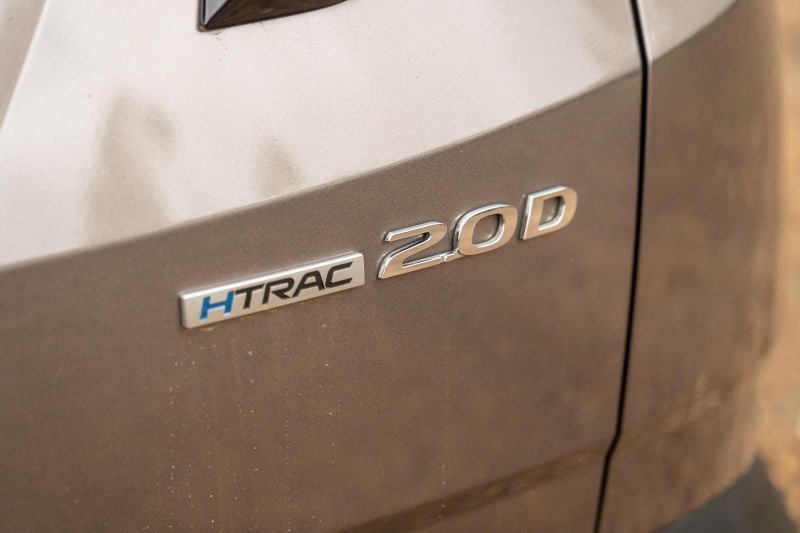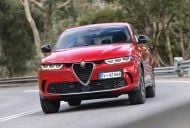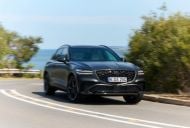Authorities raided have eight European properties run by Hyundai and Kia over suspicions the automaker fitted over 210,000 diesel vehicles with emissions testing defeat devices.
Led by the Frankfurt state prosecutor’s office, in co-ordination with Eurojust, authorities searched eight properties in Germany and Luxembourg.
A spokesperson for the Korean automaker told Autocar, “Hyundai is fully cooperating with the public prosecutor and will not make any further comments on this matter at this time”.
It’s understood affected vehicles use engine control chips supplied by Delphi — now a part of BorgWarner — and Bosch.
No announcement has been regarding which engine families are thought to use defeat devices, and which vehicles are equipped with them.
Emissions testing defeat devices came to widespread prominence in late 2015 when the Volkswagen Group was discovered to have used this type of software to fool the public and regulators about the cleanliness of a few of its turbo-diesel families.
Engines equipped with a defeat device can detect when it is being bench tested by authorities, and switch to a more efficient mode that limits the production of oxides of nitrogen (NOx) and other harmful pollutants.
When operating regularly on the road, these vehicles produce many times the permitted amount of pollution.
Due to the Dieselgate saga, the Volkswagen Group has spent over $45 billion for fines, compensation, fixes, and vehicle buybacks. Roughly 11 million Volkswagen, Seat, Skoda, Porsche and Audi cars were sold worldwide with defeat devices.
Thanks to the scandal, the popularity of diesel-powered cars has fallen dramatically in Europe, and other manufacturers, including Fiat Chrysler, Mercedes-Benz, Renault and Opel, have been caught using defeat devices.
It also forced the Volkswagen Group to pivot aggressively towards electric vehicles. It was the first major automaker to spend up big to develop dedicated EV architectures, and convert factories solely to the manufacture of EVs.
The Hyundai Motor Group has also developed its own dedicated EV platform, which serves as the basis of the Hyundai Ioniq 5, Kia EV6, and Genesis GV60.
Both the Ioniq 5 and EV6 have largely been well received but supplies, especially in Australia, are limited at the moment.
